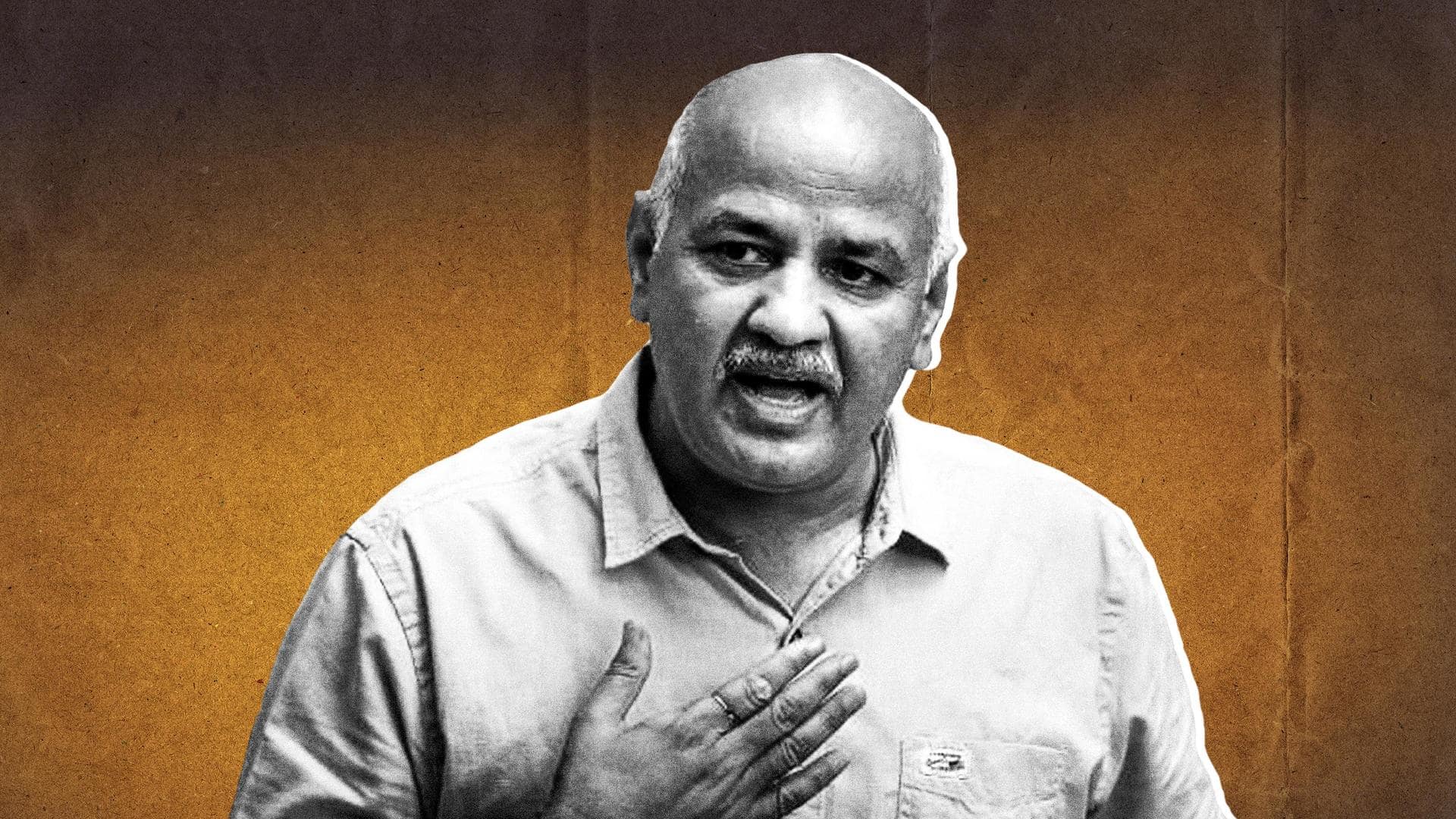
Delhi liquorgate: Manish Sisodia's judicial custody extended till April 17
What's the story
A Delhi court on Monday extended the judicial custody of Aam Aadmi Party (AAP) leader and former Delhi Deputy CM Manish Sisodia until April 17 in the Central Bureau of Investigation (CBI) case over the alleged Delhi liquor policy scam.
The AAP leader's judicial remand expired on Monday, after which the agency sought his custody again, saying the investigation was at a crucial stage.
Context
Why does this story matter?
The CBI is looking into the corruption aspect in the Delhi liquor policy case, while the Enforcement Directorate is probing the money laundering angle.
The agencies alleged Sisodia formulated a rigged liquor policy to favor a southern liquor cartel in exchange for Rs. 100cr to the AAP.
However, the AAP labeled the investigation a political vendetta by the ruling Bharatiya Janata Party (BJP).
Details
Sisodia's judicial custody extended again
Delhi's Rouse Avenue Court on Monday extended Sisodia's judicial custody by 14 days in the case linked to alleged irregularities in the framing and implementation of Delhi's now-scrapped 2021-22 excise policy.
Seeking an extension of the AAP leader's custody, the CBI said the investigation was in a "crucial stage."
Earlier, the agency had challenged his bail plea claiming that "it will compromise the investigation."
Twitter Post
Watch: AAP leader Manish Sisodia arriving at Rouse Avenue Court
#WATCH | Delhi's former Deputy Chief Minister Manish Sisodia brought to Rouse Avenue Court in CBI's case related to alleged irregularities in the now-scrapped excise policy. His Judicial custody got over today. pic.twitter.com/3xYJqygz7a
— ANI (@ANI) April 3, 2023
CBI
CBI arrested Sisodia in February over suspected irregularities
The CBI arrested Sisodia on February 26 in connection with alleged irregularities in the development and implementation of the Delhi government's 2021-22 Excise Policy.
The policy came under scanner after Delhi's Lieutenant Governor VK Saxena ordered a probe into it.
Notably, the policy was approved by the Delhi cabinet led by Chief Minister Arvind Kejriwal amid the COVID-19 pandemic in 2021.
ED
Why is Enforcement Directorate probing the case?
The ED, which is probing the money laundering angle in the case, also sought Sisodia's custody on several occasions.
The agency claimed that the major recommendations that formed the basis for the Excise Policy 2021-22, including fixing of 12% profit margin for wholesalers, were not decided in the group of ministers (GoM) meetings.
It alleged the recommendations were instead "imported from external sources."